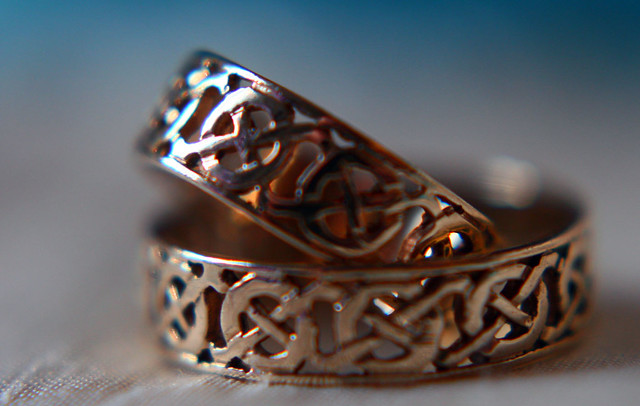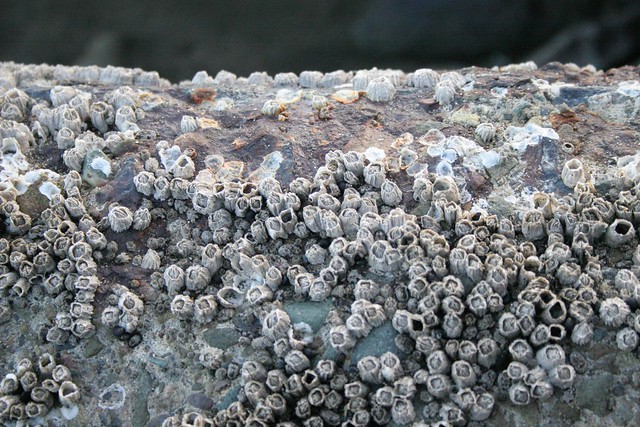Podcast: Play in new window | Download
In this Adventure in Etymology we’re looking into the origins of the word folk.
Folk [fəʊk / foʊk] can refer to:
- People, persons
- One’s relatives, especially one’s parents (e.g. my folks)
- Short for folk music
- A people; a tribe or nation; the inhabitants of a region, especially the native inhabitants. (Archaic)
It comes from Middle English folk [fɔlk] (people, nation, group, family, kin, relatives, humanity), from Old English folc [folk] (people, nation, tribe, crowd) from Proto-Germanic fulką [ˈɸul.kɑ̃] (people, tribe), *fulkaz (crowd, army), possibly from PIE *pleh₁- (to fill) [source].
Words from the same roots include fill, pleb, plenty, plural, plus and public in English, pul̃kas [ˈpʊlkɐs] (flock, crowd, regiment) in Lithuanian, pułk [puwk] (regiment) in Polish, and Volk [fɔlk] (people, native, tribe) in German [source].
The French word plouc [pluk] (country bumpkin, yokel) also comes from the same roots, via Breton plouk [pluːk] (yokel), from ploue [pluːe] (parish, countryside) Proto-Brythonic *pluɨβ (countryside, parish, common people) and Latin plēb(ē)s (common people, plebians) [source].
Related words in other Celtic languages include pluw (parish) in Cornish, and plwy(f) [pluːɨ̯(v) / plʊi̯(v)] (parish, poor relief, parishioners, people) in Welsh [source].
For more details, see the post about Land, Parishes & Enclosures on the Celtiadur.
You can also listen to this podcast on: Apple Podcasts, Amazon Music, TuneIn, Podchaser, Podbay or Podtail and other pod places.
If you would like to support this podcast, you can make a donation via PayPal or Patreon, or contribute to Omniglot in other ways.
Radio Omniglot podcasts are brought to you in association with Blubrry Podcast Hosting, a great place to host your podcasts. Get your first month free with the promo code omniglot.
I also write about words, etymology and other language-related topics on the Omniglot Blog, and I explore etymological connections between Celtic languages on the Celtiadur blog.













